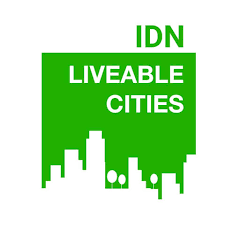Food and Landscape Urbanity
On June 3, 2020, Indonesia Diaspora Network the Netherlands, Taskforce Liveable Cities (IDN Liveable Cities) was represented by Wiwi Tjiook, Driver of Integrated Water and Landscape Planning as one of the panelists for the webinar “Food and Landscape Urbanity”. This webinar was organized by the Architecture Department of University of Lampung (UNILA) in co-operation with Indonesian Association of Architects (IAI), Indonesian Society of Landscape Architects (IALI), Indonesian Association of Planners – Lampung Chapter (IAP) and was the first in a series of 4 which will be hold every 2 weeks. Each session will feature 2 speakers from different background who will reflect on the current COVID 19 pandemic situation affecting cities and public space. The webinar was joined by more than 150 participants from across Indonesia as well as diaspora in Australia, Singapore and The Netherlands.
As a Landscape Architect at Municipality of Rotterdam, Wiwi Tjiook shared her experiences including how Rotterdam plans its city with city resilience as a basis to cope with the current pandemic as well as an introduction on activities done by IDN Liveable Cities, some in collaboration with Komunitas Lanskap Budaya (KALBU). The second speaker, a food anthropologist Hardian Eko Nurseto, lecturer at the Anthropology Department, Padjajaran University Bandung and initiator of multiple gastronomy platforms, discussed how culinary culture gave an impact to social aspects in urban planning.
In her presentation Wiwi Tjiook, reflects on Rotterdam’s experiences in coping with shock and stresses affecting the city with and its journey to adapt and mitigate. Rotterdam is one of four big cities in the Netherlands, so called Randstad (Randstad consists of four big cities: Amsterdam, Rotterdam, Utrecht, and The Hague). With 625,000 inhabitants comprised of 175 nationalities makes Rotterdam a very diverse city in the Netherlands and worldwide. The city also plays a role as the biggest port city in Europe.
Rotterdam had experience big turbulences and shocks in its journey to be in its current state. In 1940, Rotterdam was bombed by Germany during the World War II, only several buildings in the city center survived this incident. This incident had triggered a new leaf to plan its city. Canals were built, housing and commercial areas were constructed, densification is also done, also parks and public spaces were designed to give the city residents high quality of life.
Despite of this vibrant development, Rotterdam is constantly under threat of flooding due to its geographical condition which is under the sea level. In regards to this, green and blue infrastructures play an important role in its urban planning. Several planning documents have also been published, such as: Rotterdam Urban Vision, Rotterdam Resilience Strategy, Rotterdam Climate Change Adaptation Strategy, Water Sensitive Rotterdam, and many more. Besides these plans, several initiatives are also thriving within the city, as a contribution to adapt and mitigate climate change impacts, such as the usage of rooftop for park and urban farming. In regards to coping with the ‘new normal’, several initiatives have been undertaken by the municipality but also by the entrepreneurs association, for example: the instalment of hand sanitiser dispensers in public space, the division of people movement in public space with planter boxes, accommodating fitness activities outdoors as well as allowing more space to outdoor restaurant and café terraces.
The second panelist, Hardian Eko Nurseto, shared his view upon how culinary culture affects social elements in urban planning. From his perspective, the way people eat and foods reflect on culture and knowledge to process foodstuffs. From anthropology’s point of view, foods also represents social symbols, believes, and social relations in a community. For example, there is a believe lives within Indonesian families in which meal contains meat is associated with rich family and higher social status compared with family who only consumes vegetables.
During the COVID-19 pandemic, he observed several changes in culinary culture. Firstly, people prefer to cook their own meal at home and explore new recipes to try. Secondly, there will be a huge demand in local culinary and healthy foods instead of international culinary because of the existence of local product supply at the market. Thirdly, there is a big transformation in culinary industries, among others many restaurants struggle with their finance which leads to bankruptcy, for restaurants who survive – they will implement a new hygiene protocol (wearing mask and gloves while preparing the food) and highly depend on online applications for food delivery.
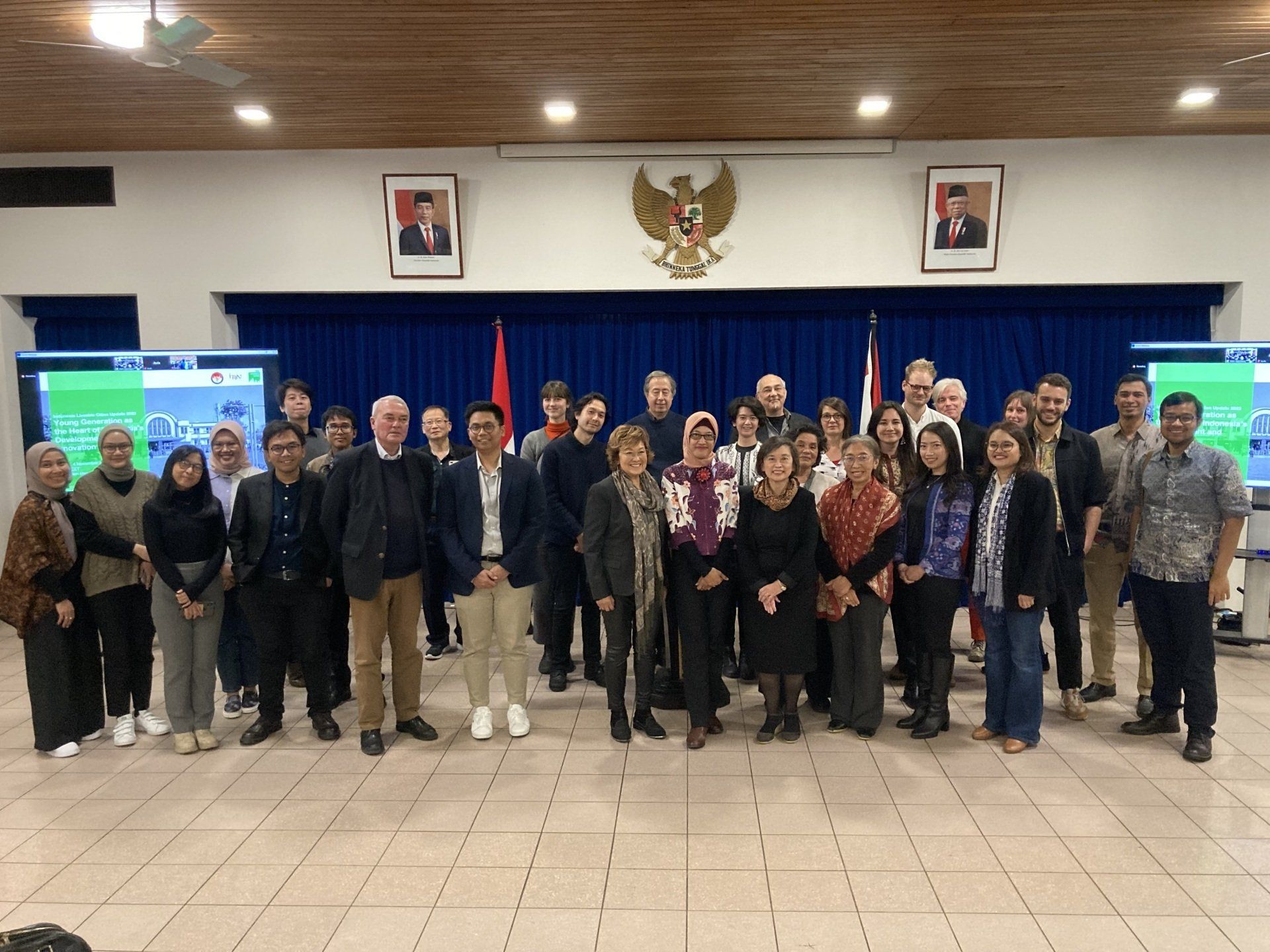
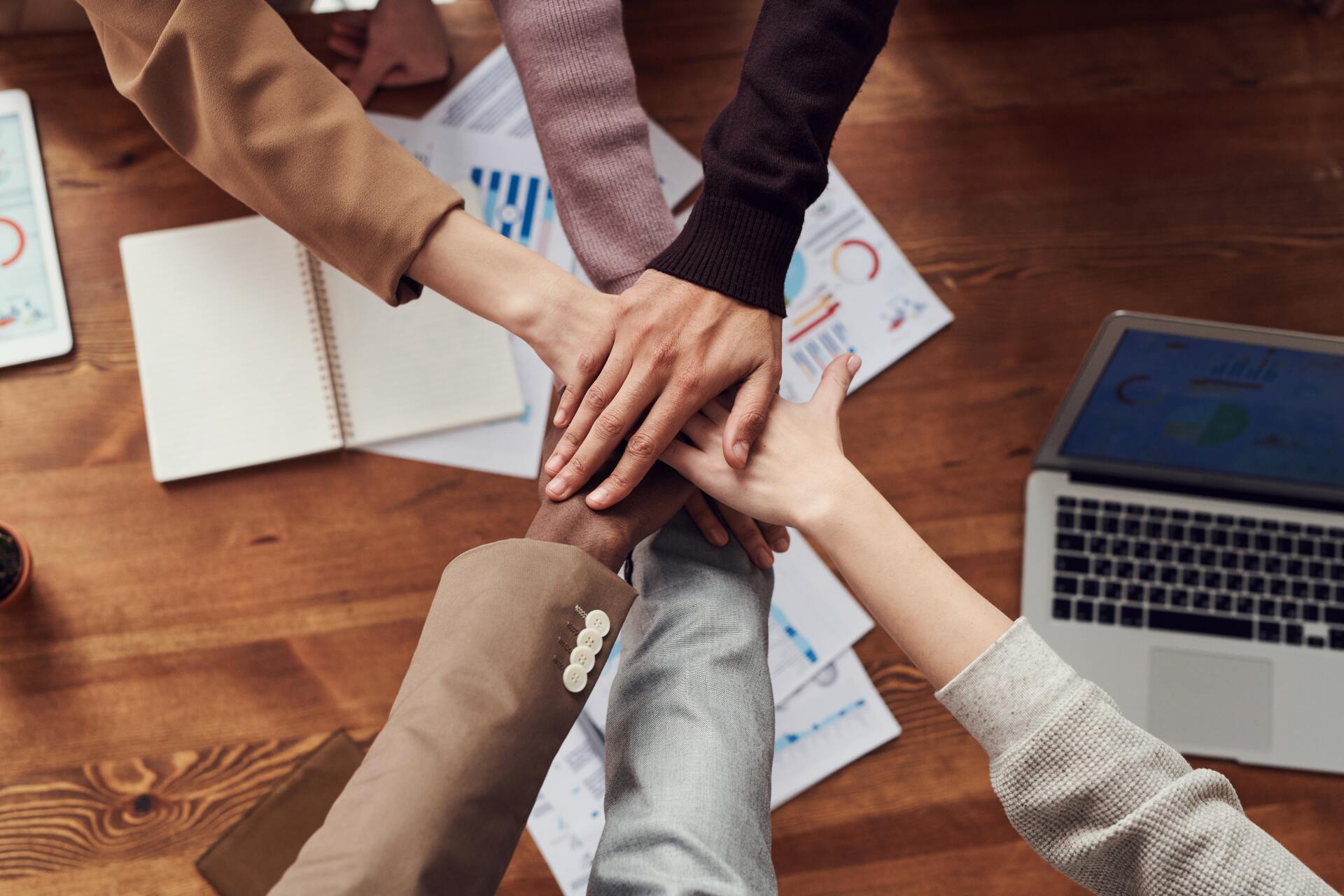
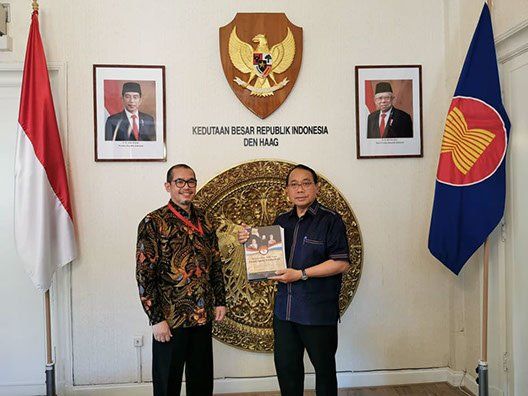
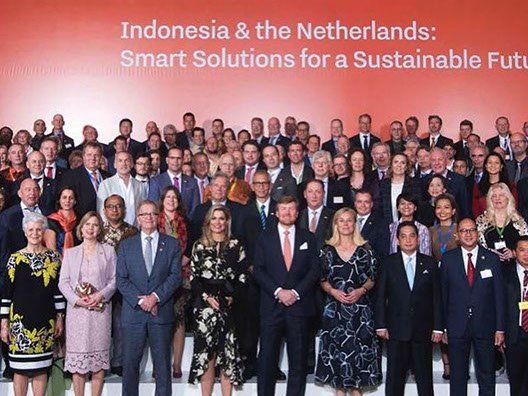
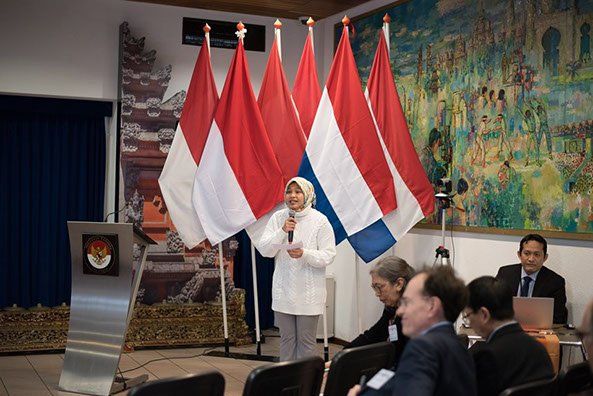
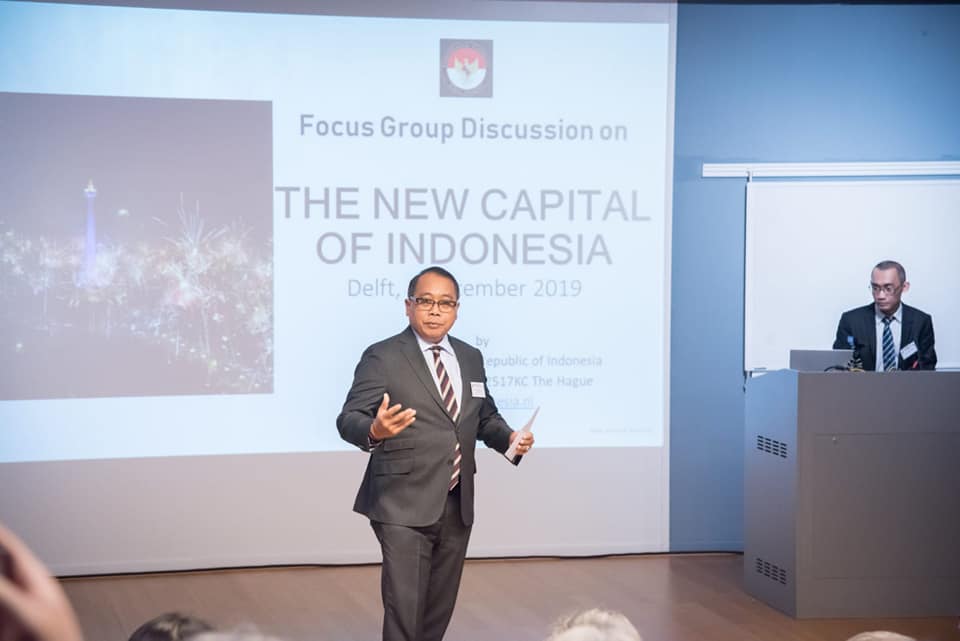
Be part of our network
to make cities more liveable
Be the first to know more about our activities
Neem contact met ons op
© IDN LIVEABLE CITIES ALLE RECHTEN VOORBEHOUDEN
Follow us on social media
